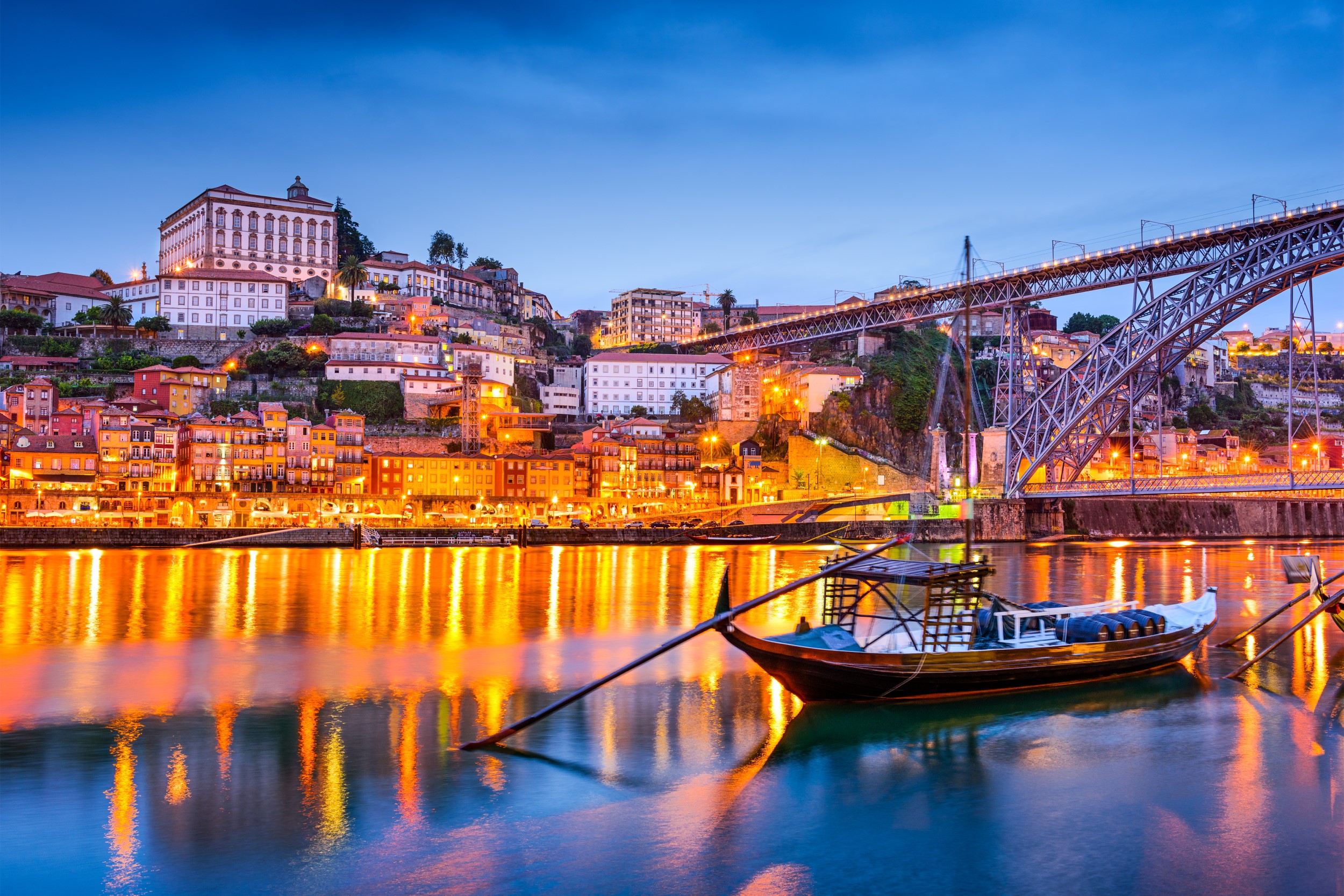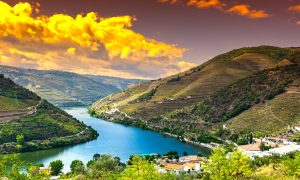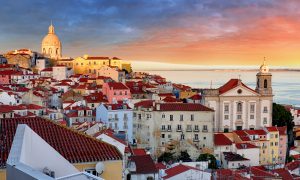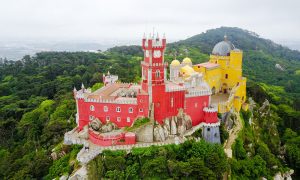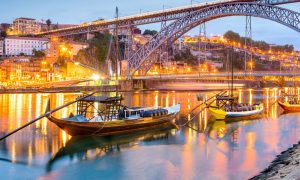The Silver of the Sea: A Deep Dive into Portugal’s Sardine Culture
Portugal, a country known for its rich history, stunning landscapes, and vibrant culture, is also home to a culinary tradition that has been woven into the fabric of its identity for centuries. This tradition revolves around a humble fish, the sardine. Known as the “silver of the sea,” sardines in Portugal are more than just a staple food; they are a symbol of national pride and a testament to the country’s deep connection with the ocean.
The history of sardines in Portugal dates back to ancient times. The Phoenicians, Greeks, and Romans, who once occupied the Iberian Peninsula, were known to have fished for sardines. However, it was during the Age of Discovery in the 15th and 16th centuries that Portugal’s sardine industry truly began to flourish. As Portuguese explorers sailed across the globe, they relied on salted sardines as a primary source of sustenance. These fish were easy to catch in large numbers, simple to preserve with salt, and packed with essential nutrients, making them an ideal food for long sea voyages.
Over time, sardine fishing became a major industry in Portugal. The coastal towns of Matosinhos, Peniche, and Setúbal became renowned for their sardine canneries, where countless fish were processed and packed into tins each day. These tinned sardines were not only consumed domestically but also exported worldwide, contributing significantly to Portugal’s economy.
Today, sardines remain an integral part of Portuguese cuisine and culture. Every summer, the country comes alive with the aroma of grilled sardines during the Festival of St. Anthony, Lisbon’s biggest street party. During this festival, locals and tourists alike flock to the narrow streets of the Alfama district, where makeshift grills are set up to cook sardines to perfection. The fish are typically served on a slice of bread, their smoky, salty flavor a perfect match for a glass of vinho verde, Portugal’s young, slightly effervescent wine.
But the importance of sardines in Portugal extends beyond food. These fish have also found their way into the country’s art and folklore. Colorful ceramic sardines are a common sight in souvenir shops, and the image of a sardine is often used in murals and street art. There’s even a popular Portuguese saying, “estar como sardinha em lata,” which translates to “to be like a sardine in a can,” used to describe crowded places or situations.
Despite their cultural significance, Portugal’s sardines have faced challenges in recent years. Overfishing and changing ocean conditions have led to a decline in sardine populations, prompting the government to impose strict fishing quotas. These measures have been met with resistance from fishermen who rely on sardines for their livelihood, sparking debates about sustainability and economic survival.
In response to these challenges, efforts are being made to promote sustainable fishing practices and diversify Portugal’s sardine industry. Some canneries now offer gourmet versions of tinned sardines, featuring flavors like olive oil and lemon, tomato sauce, or spicy piri-piri. These premium products cater to a growing global demand for high-quality, sustainable seafood.
Moreover, research is being conducted to better understand the life cycle of sardines and develop strategies for their conservation. The Portuguese Institute for the Sea and Atmosphere (IPMA) conducts annual surveys to monitor sardine populations and provides recommendations for fishing quotas. Through these efforts, Portugal hopes to ensure the survival of its beloved sardines for generations to come.
In conclusion, sardines in Portugal are more than just a fish; they are a symbol of the country’s history, culture, and enduring love for the sea. Whether grilled on a street corner during a summer festival, packed into a tin in a bustling cannery, or depicted in a vibrant piece of street art, sardines are a testament to Portugal’s rich maritime heritage. As the country faces the challenges of sustainability and conservation, it is clear that the story of Portugal’s sardines is far from over. It is a story that continues to evolve, reflecting the resilience and adaptability of both the fish and the people who cherish them.

Gonzalo
Founder/Owner of The Lisbon Guide, one of the major blog references in Portugal, established in 2014 and receiving every year 250.000 visitors from all over the world, looking to provide the best experiences in Portugal. In partnership with Portugal Magik for all private tours and transfers across Portugal, Gonzalo loves a good seafood meal at Monte Mar Cascais, and all from Michelin Chef Avillez. Favorite Hotel in Lisbon/Portugal, Penha Longa Resort by Ritz Carlton.
For over 15 years, Gonzalo have been helping thousands of travelers yearly to plan a perfect trip to Portugal. Based in Lisbon/Cascais and working in this field for over 20 years, with multiple ongoing projects. Also an avid TripAdvisor user level 6 with more than 300.000 readers worldwide.
Many years working also as a Private Guide of Lisbon, Sintra, Fatima, Porto, Douro Valley, Evora, and other locations in Portugal.







